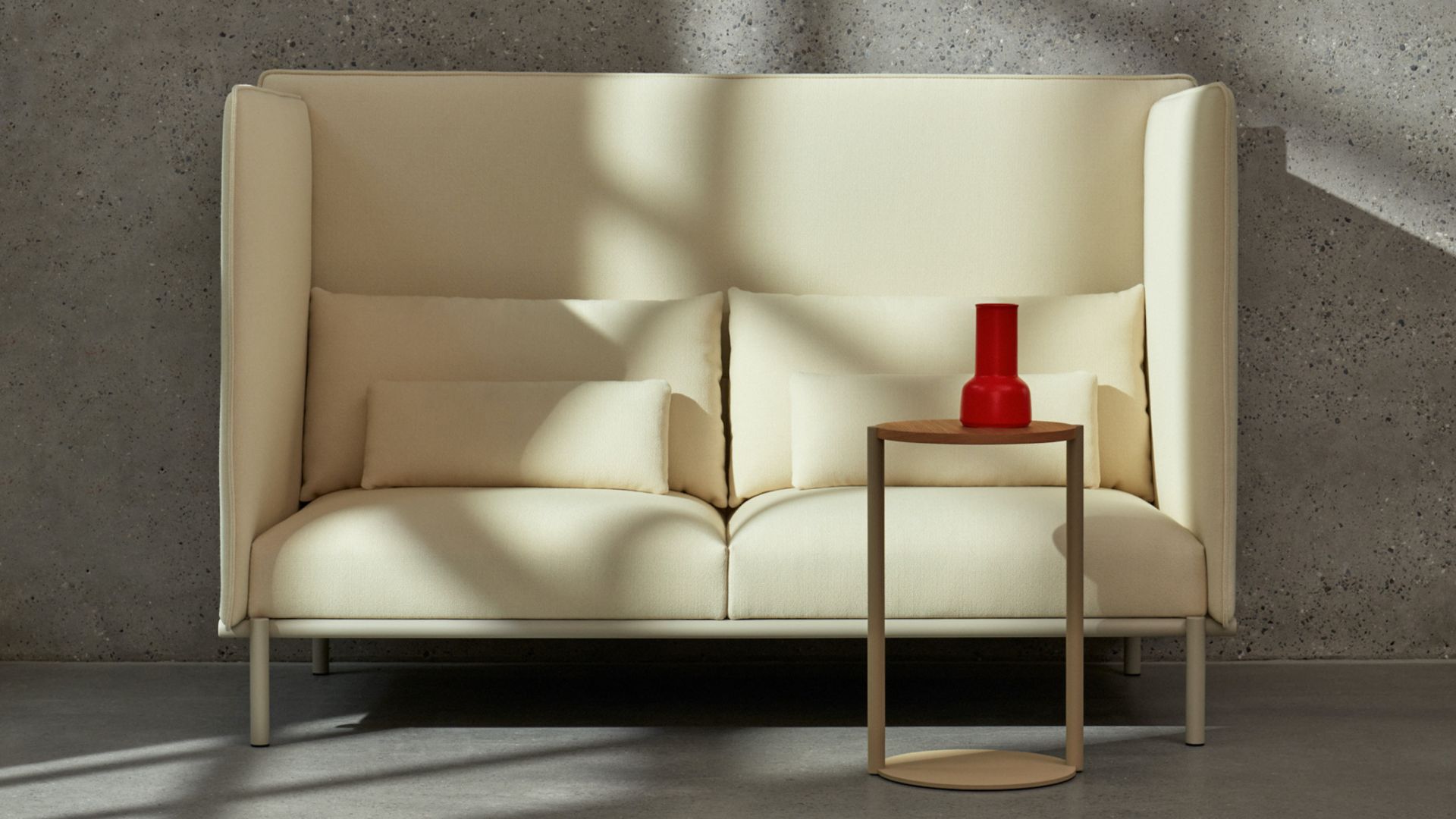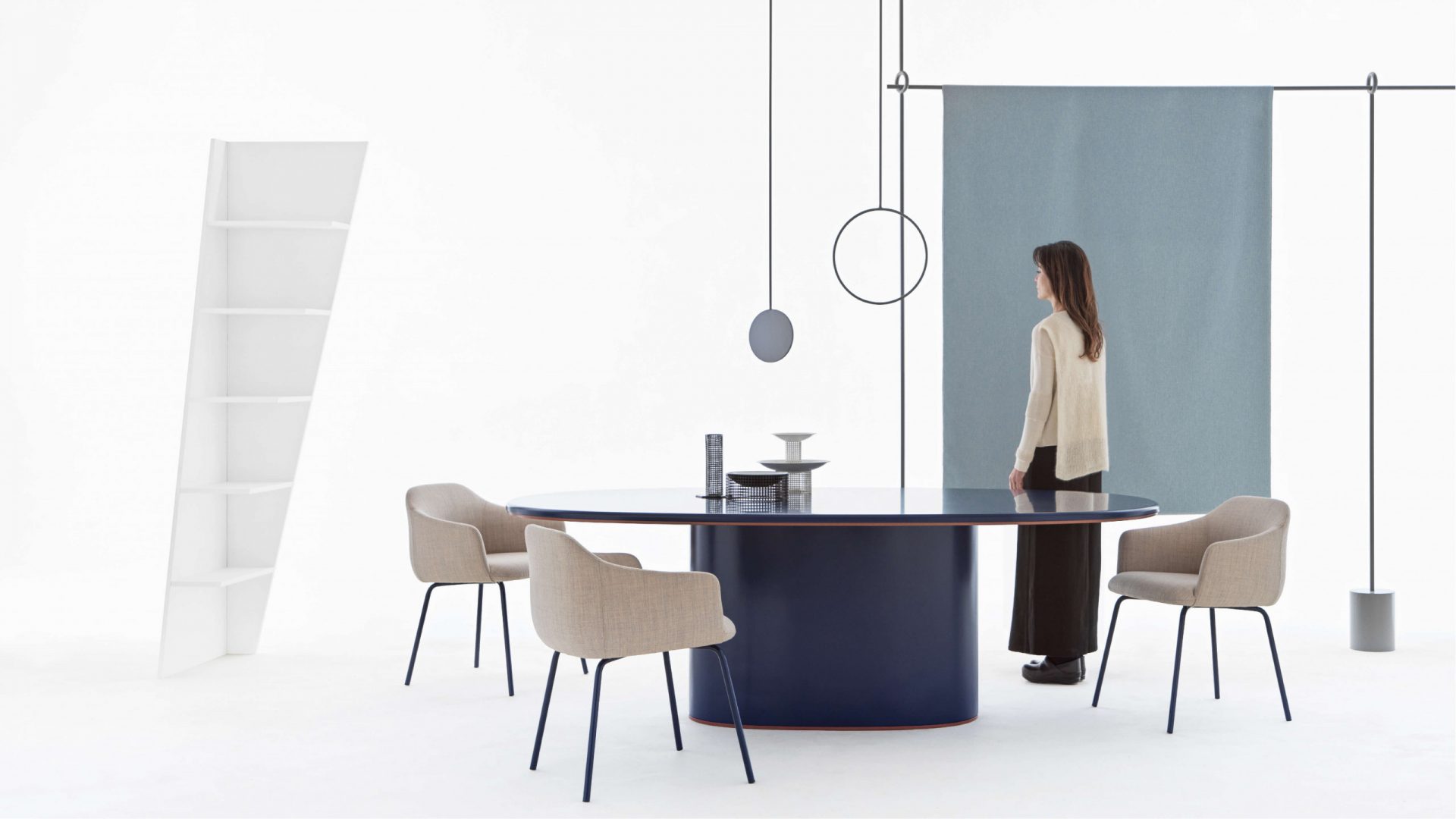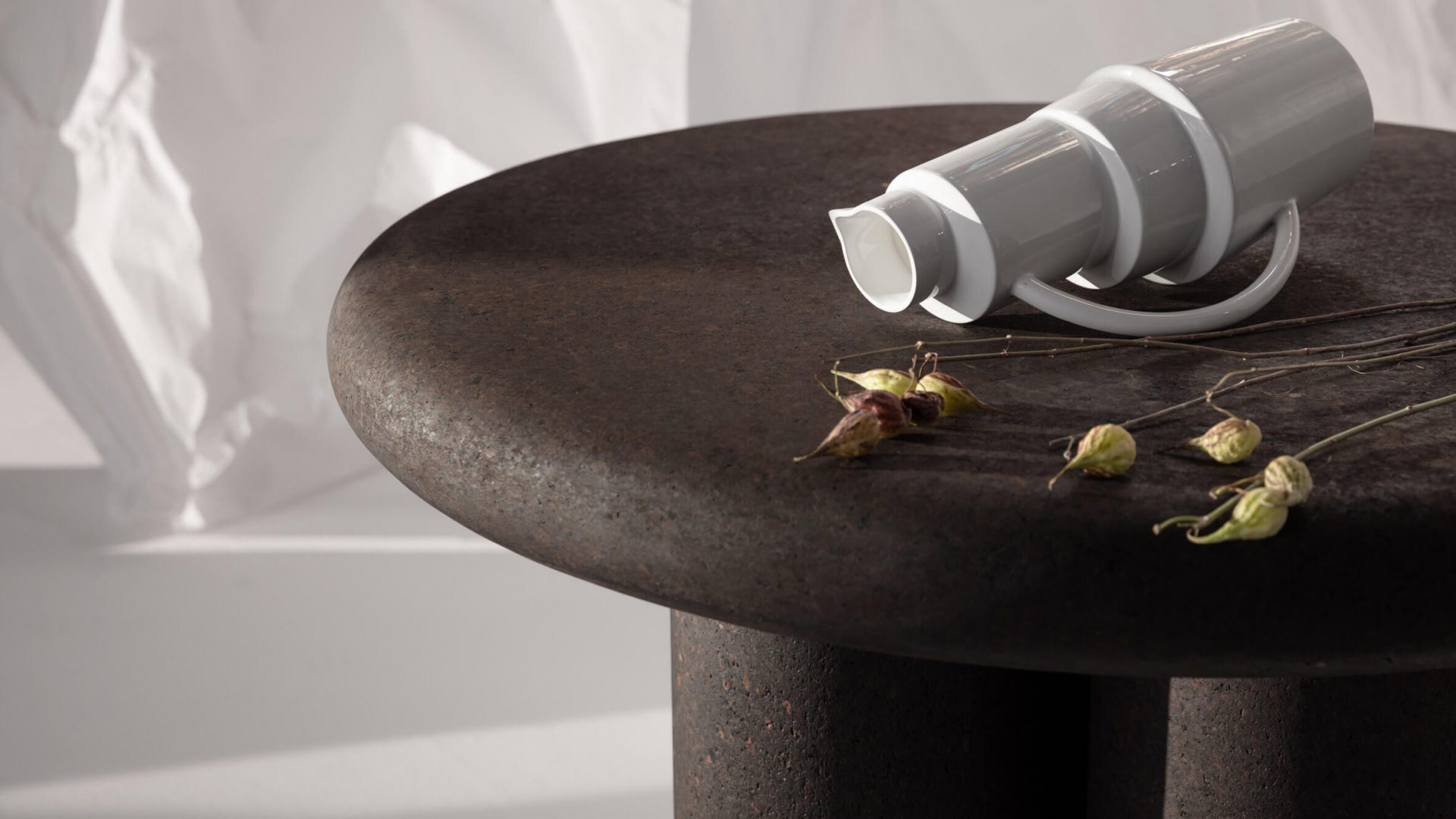Thonet: over 200 years of crafting modern furniture
Michael Thonet, the founder, revolutionized design with his groundbreaking chair, setting the stage for modern industrial design. Today, the brand continues to stand tall in the market, blending innovation with a profound respect for its historical roots.
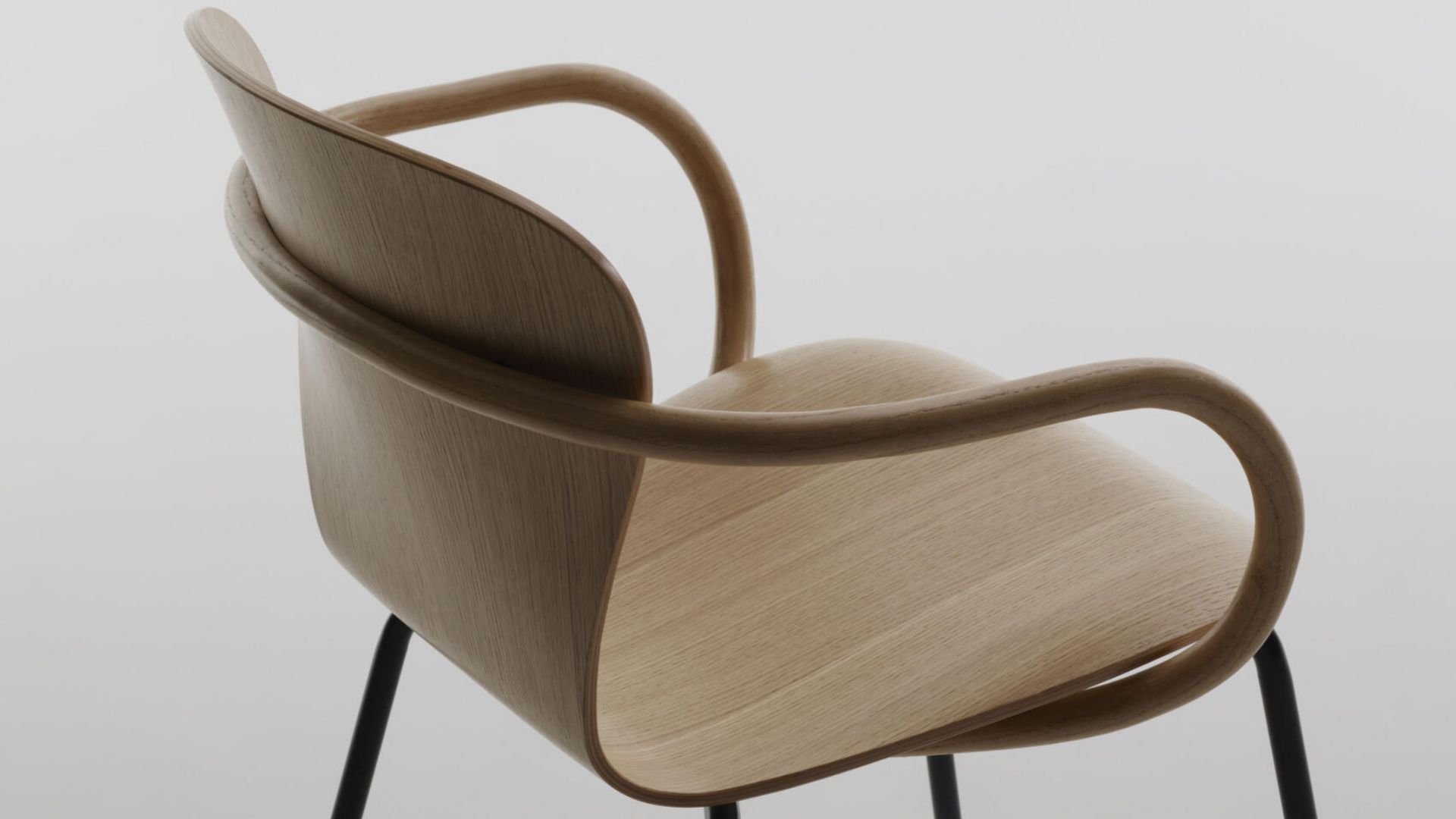
Thonet, a name synonymous with iconic chairs and a rich legacy, has been a stalwart in the furniture industry for over two centuries. When envisioning a classic bistro chair, the image that likely comes to mind is the bentwood Chair n. 14, designed in 1859 by the founder of the company.
This chair, considered one of the earliest “design pieces,” exemplifies the characteristics of a modern industrial design project. While other historic companies faded with time, Thonet remains vibrant, a testament to its ability to innovate while cherishing its historical pieces. Michael Thonet’s innovative spirit, evident in his groundbreaking chair, remains a guiding force for the brand.
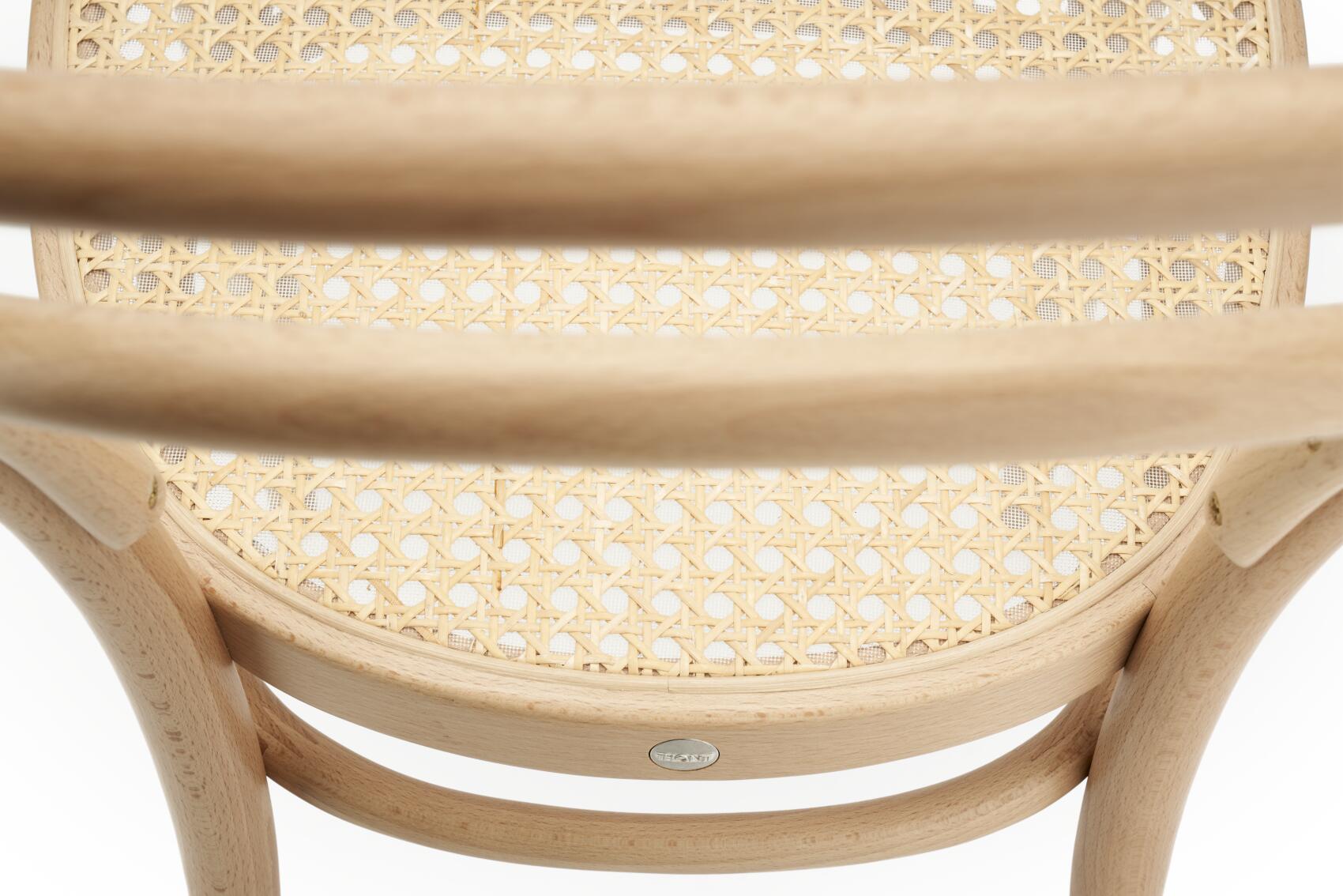
In a recent collaboration with Industrial Facility, the company showcased a stunning chair that captured attention. To gain insights into the responsibility of steering such a venerable brand, an interview with Norbert Ruf, Thonet’s Creative Director, provides valuable perspectives.
Here is our interview with some insights:
What’s your background? And what are the circumstances that led to your collaboration with Thonet?
Norbert Ruf:
“Having studied Industrial design and Economics, when I had the great honor of being asked to join Thonet as Creative Director and Co-Managing Director, of course I wanted to. After working for Wilkhahn, Avarte, de Sede and Dedon, Thonet was a step towards the roots of European furniture culture, with the opportunity to weave together yesterday, today and tomorrow.”
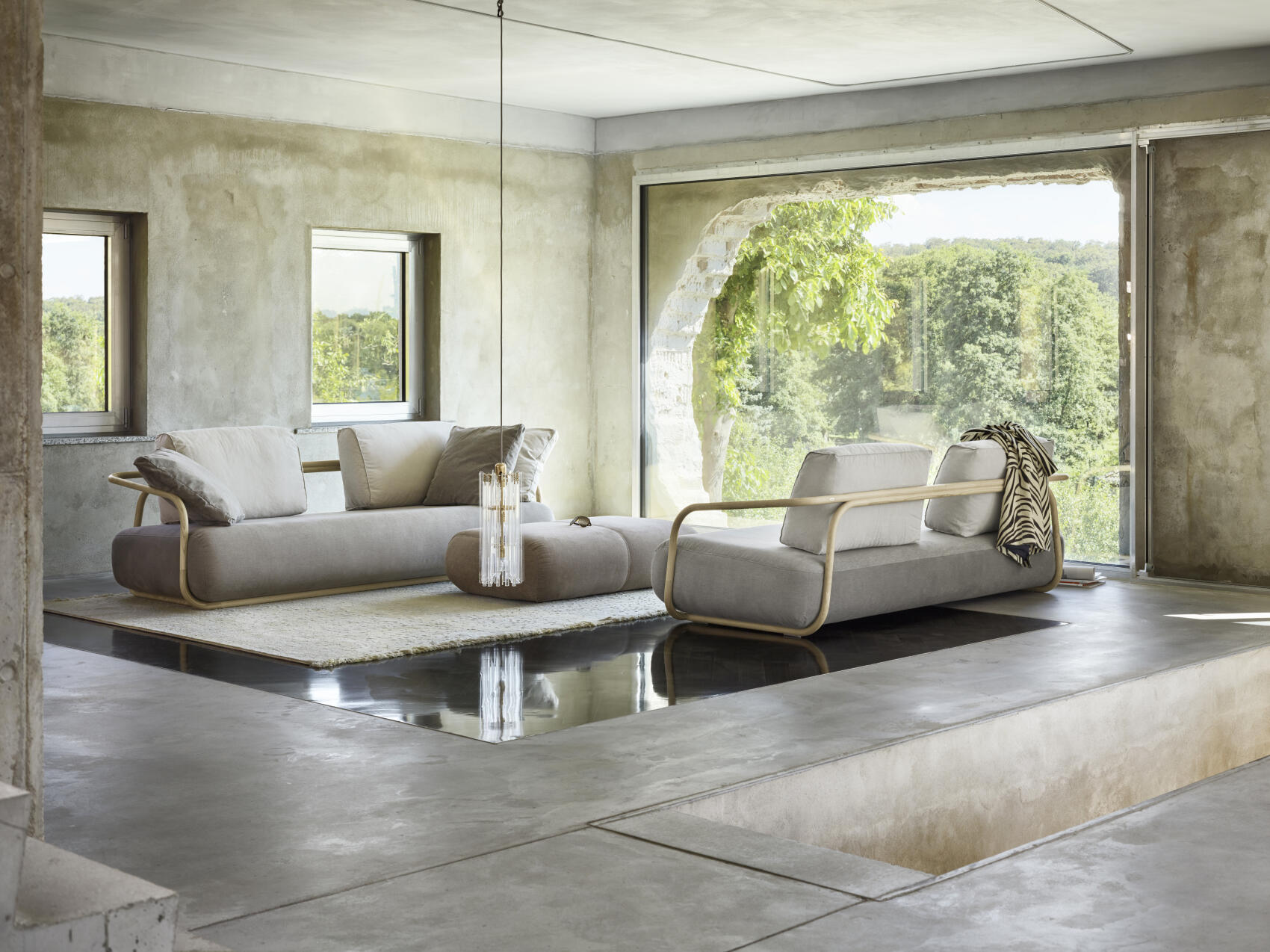
With Thonet’s founding dating back to 1819, how do you perceive the responsibility of guiding the creative direction of a brand with such a rich historical legacy?
Norbert Ruf:
“I perceive it exactly as you say: a responsibility. The brand legacy needs to be treated with care and respect. But it is not a museum, it is a foundation that allows it to be built on, to reflect and to be inspired by. And this with the aim to keep it relevant for our generation and the ones to come.”
When it comes to choosing a design studio for collaboration, what factors do you take into account as part of your selection process?
Norbert Ruf:
“We do not believe in „design as a service”. Just like we believe that eventually it is about creating more than just a chair. With this aim we look for companions that are willing to take a walk together and explore. In the selection process we therefore try to find out, in the work of and discussions with the design studio, about their thinking and attitude.”
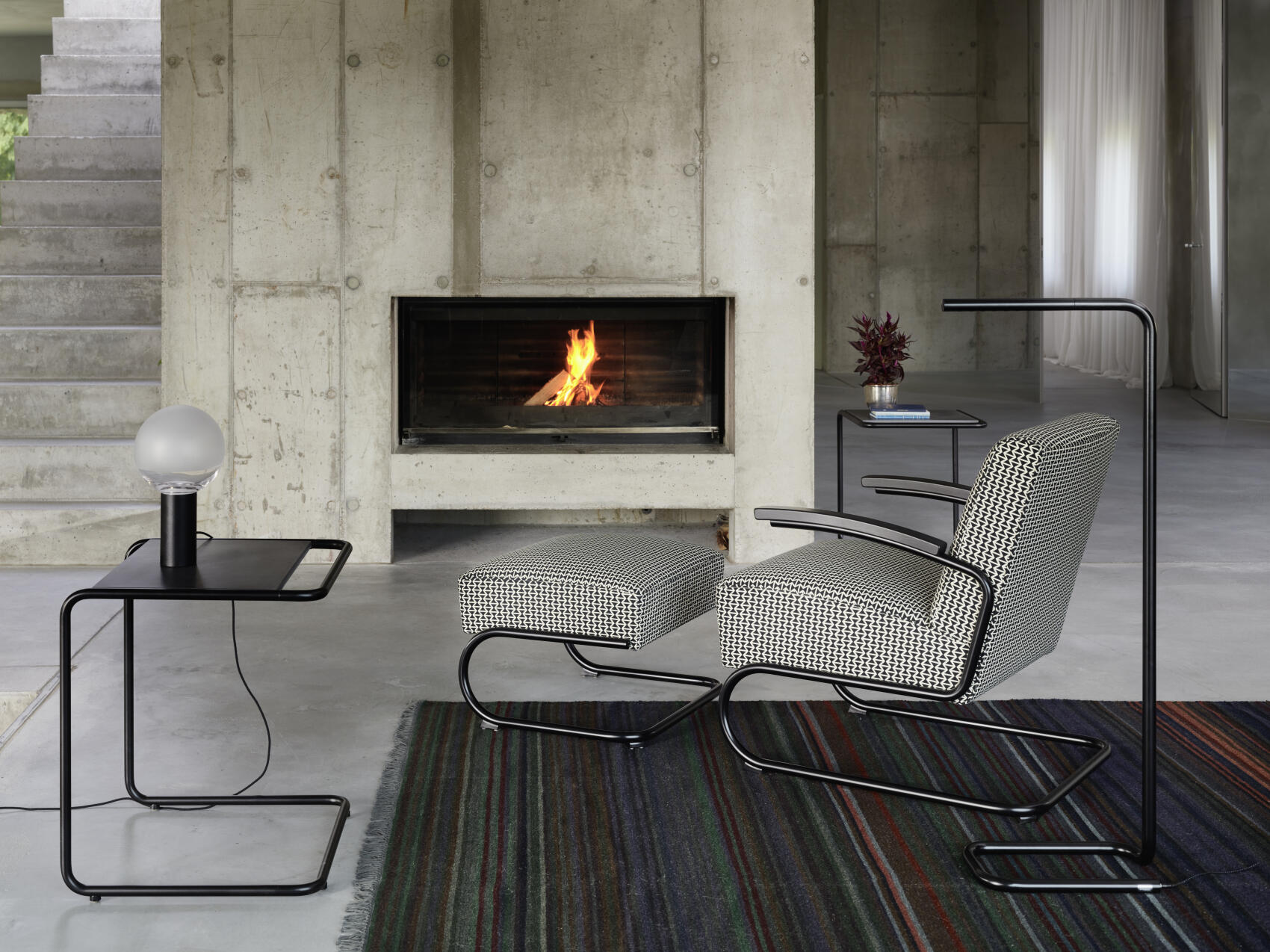
Thonet has built a reputation for its meticulously crafted and long-lasting products, a core aspect of sustainability. How do these eco-conscious practices influence your product development and updates?
Norbert Ruf:
“To create and make something long lasting in all aspects is a neglected value. We feel ourselves obliged, also today, to this very basic but extremely effective approach to sustainability – avoiding waste is better than recycling it.”
Thonet’s roots in industrial and cost-effective design were pioneering for its time. Given this historical backdrop, could you elaborate on the modern values and strategies you’ve implemented to uphold Thonet’s relevance, more than two centuries in existence?
Norbert Ruf:
“Michael Thonet is described as being resourceful and inventive. We are of the opinion that this attitude is still valid today – of course different than then, but just the same valid. We do not strive to do everything new and different just to be different.”
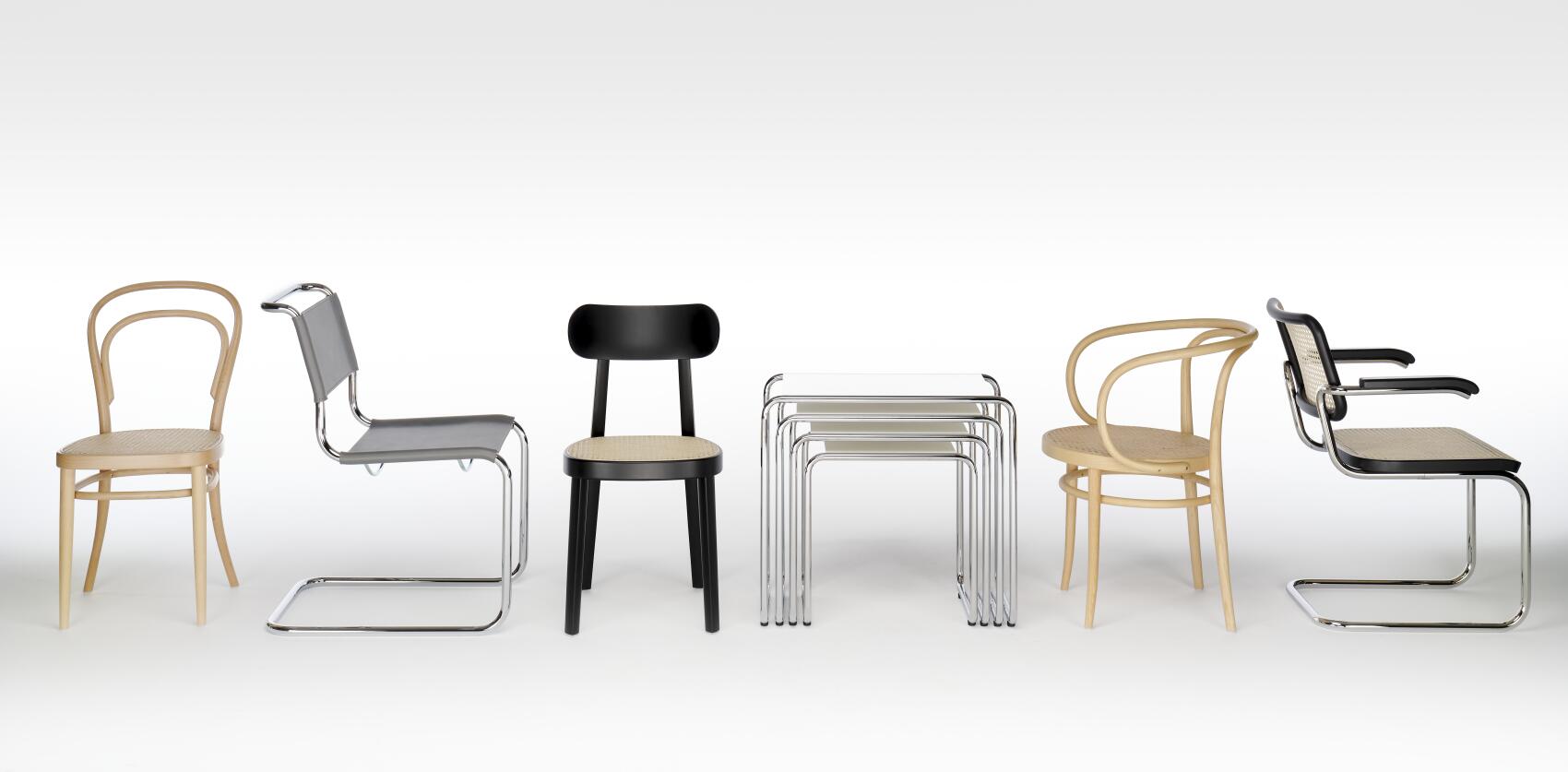
What, in your opinion, are the key attributes a design must possess to achieve iconic status in the contemporary era?
Norbert Ruf:
“A concept needs to reflect today and isolate the nucleus of the momentary culture – but not in a fashionable way. It is dated and dateless at the same time.”



